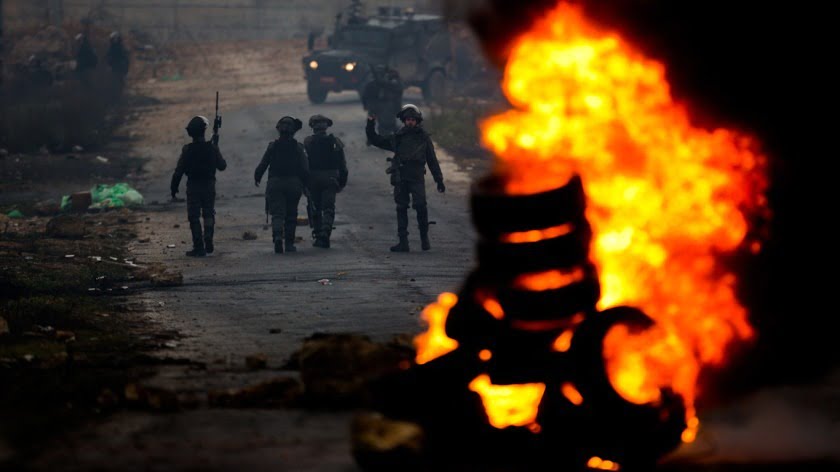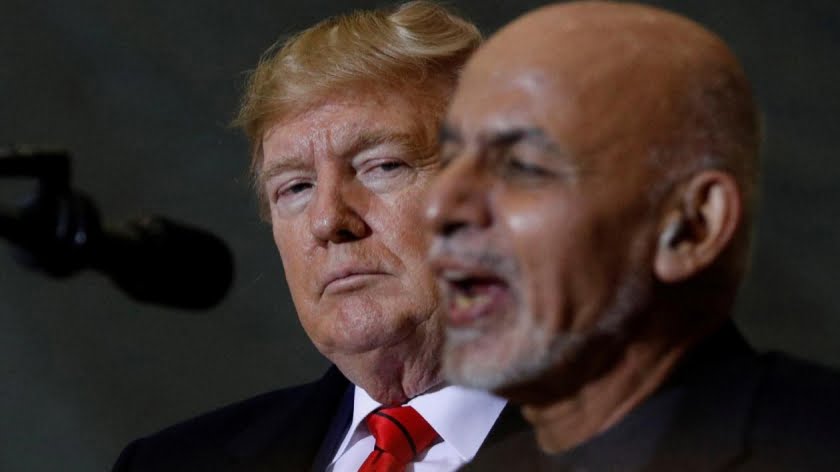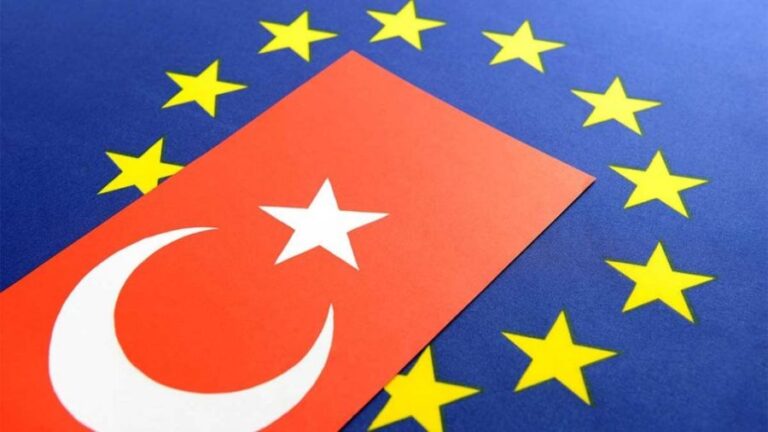The PLO’s Half-Hearted Attempt to Counter Israeli Annexation of Palestine
The painful truth is that the Palestinian Authority of President Mahmoud Abbas has already ceased to exist as a political body that holds much sway or relevance, either to the Palestinian people or to Abbas’ former benefactors, namely the Israeli and the American governments.
So, when the Palestinian Authority Prime Minister, Mohammed Shtayyeh, announced on June 9, that the Palestinian leadership had submitted a ‘counter-proposal’ to the US’ Middle East peace plan, also known as the ‘Deal of the Century,’ few seemed to care.
We know little about this ‘counter-proposal’ aside from the fact that it envisages a demilitarized Palestinian state within the pre-1967 borders. We also know that the Palestinian leadership is willing to accept land swaps and border adjustments, a provision that has surely been inserted to cater to Israel’s demographic and security needs.
It is almost certain that nothing will come out of Shtayyeh’s counter-proposal and no independent Palestinian state is expected to result from the seemingly historical offer. So, why did Ramallah opt for such a strategy only days before the July 1 deadline, when the Israeli government of Benjamin Netanyahu is expected to launch its process of illegal annexation in the occupied West Bank and the Jordan Valley?
The main reason behind Shtayyeh’s announcement is that the Palestinian leadership is often accused by Israel, the US, and their allies of supposedly rejecting previous ‘peace’ overtures.
Rightly, the Palestinian Authority rejected the ‘Deal of the Century’, because the latter represents the most jarring violation of international law yet. The ‘Deal’ denies Palestine’s territorial rights in occupied East Jerusalem, dismisses the right of return for Palestinian refugees altogether, and gives carte blanche to the Israeli government to colonize more Palestinian land.
In principle, Netanyahu also rejected the American proposal, though without pronouncing his rejection publicly. Indeed, the Israeli leader has already dismissed any prospects of Palestinian statehood and has decided to move forward with the unilateral annexation of nearly 30% of the West Bank without paying any heed to the fact that even Trump’s unfair ‘peace’ initiative called for mutual dialogue before any annexation takes place.
As soon as Washington’s plan was announced in January, followed by Israel’s insistence that annexation of Palestinian territories was imminent, the Palestinian Authority spun into a strange political mode, far more unpredictable and bizarre than ever before.
One after another, Palestinian Authority officials began making all sorts of contradictory remarks and declarations, notable amongst them Abbas’ decision on May 19 to cancel all agreements signed between Palestinians and Israel.
This was followed by another announcement, on June 8, this time by Hussein Al-Sheikh, a senior Palestinian Authority official and Abbas’ confidante, that if annexation takes place the Authority would cut off civil services to Palestinians so that Israel may assume its legal role as an Occupying Power as per international norms.
A third announcement was made the following day by Shtayyeh himself, who threatened that, if Israel claims sovereignty over parts of the West Bank, the Authority would retaliate by declaring statehood within the pre-1967 borders.
The Palestinian counter-proposal was declared soon after this hotchpotch of announcements, most likely to offset the state of confusion that is marring the Palestinian body politic. It is the Palestinian leadership’s way of appearing pro-active, positive, and stately.
The Palestinian initiative also aims at sending a message to European countries that, despite Abbas’ cancellation of agreements with Israel, the Palestinian Authority is still committed to the political parameters set by the Oslo Accords as early as September 1993.
What Abbas and Shtayyeh are ultimately hoping to achieve is a repeat of an earlier episode that followed the admission of Palestine as a non-state member of the United Nations General Assembly in 2011. Salam Fayyad, who served as the Authority Prime Minister at the time, also waved the card of the unilateral declaration of statehood to force Israel to freeze the construction of illegal Jewish settlements.
Eventually, the Palestinian Authority was co-opted by then-US Secretary of State, John Kerry, to return to another round of useless negotiations with Israel, which won the Authority another ten years, during which time it received generous international funds while selling Palestinians false hope for an imaginary state.
Sadly, this is the current strategy of the Palestinian leadership: a combination of threats, counter-proposals and such, in the hope that Washington and Tel Aviv will agree to return to a by-gone era.
Of course, the Palestinian people, occupied, besieged, and oppressed are the least relevant factor in the Palestinian Authority’s calculations, but this should come as no surprise. The Palestinian leadership has operated for many years without a semblance of democracy, and the Palestinian people neither respect their government nor their so-called President. They have made their feelings known, repeatedly, in many opinion polls in the past.
In the last few months, the Authority has used every trick in the book to demonstrate its relevance and its seriousness in the face of the dual-threat of Trump’s ‘Deal of the Century’ and Netanyahu’s annexation of Palestinian lands. Yet, the most significant and absolutely pressing step, that of uniting all Palestinians, people and factions, behind a single political body and a single political document, is yet to be taken.
Considering all of this, it is no exaggeration to argue that Abbas’ Authority is gasping its last breath, especially if its traditional European allies fail to extend a desperately needed lifeline. The guarded positions adopted by EU countries have, thus far, signaled that no European country is capable or even willing to fill the gap left open by Washington’s betrayal of the Palestinian Authority and of the ‘peace process’.
Until the Authority hands over the keys to the Palestine Liberation Organization (PLO) so that the more democratically representative Palestinian body can start a process of national reconciliation, Netanyahu will, tragically, remain the only relevant party, determining the fate of Palestine and her people.
Feature photo | Israeli forces crack down on unarmed Palestinians protesting against President Donald Trump’s so-called Mideast initiative in the West Bank city of Ramallah, Feb. 11, 2020. Majdi Mohammed | AP
By Ramzy Baroud
Source: MintPress News







